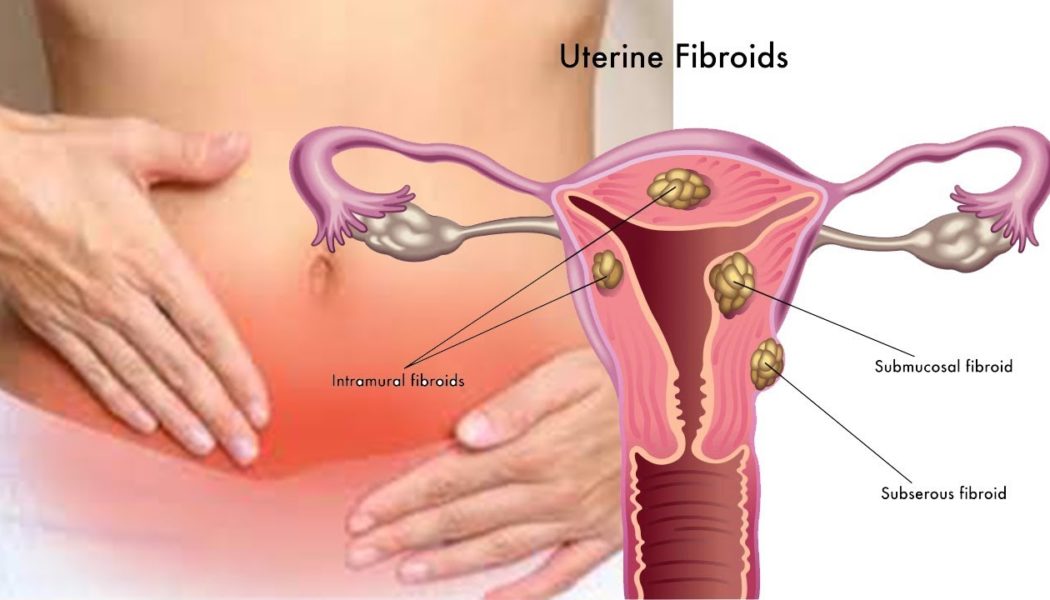Myomectomy in Greater Manchester
Search and Compare the Best Clinics and Doctors at the Lowest Prices for Myomectomy in Greater Manchester

Find the best clinics for Myomectomy in Greater Manchester
No pricing info available
Mexico offers the best prices Worldwide
Price: $ 260
GyneClinics @ Transform HG - The Pines Hospital, can be found in Sharston, Greater Manchester, United Kingdom and offers its patients Myomectomy procedures as well as 4 other procedures, across 3 different procedure categories. At present, there is no pricing information for Myomectomy procedures at GyneClinics @ Transform HG - The Pines Hospital. The pricing information is quite specialised, so it's only available on request. A small team of medical professionals undertake all procedures at the Clinic, with 2 in total, and GyneClinics @ Transform HG - The Pines Hospital has several accreditations, including: GMC - General Medical CouncilGMC - General Medical CouncilGMC - General Medical CouncilRCOG - Royal College of Obstetricians and Gynaecologists
- Home
- United Kingdom
- Greater Manchester
WHY US?
At Medijump, we're making medical easy. You can search, compare, discuss, and book your medical all in one place. We open the door to the best medical providers worldwide, saving you time and energy along the way, and it's all for FREE, no hidden fees, and no price markups guaranteed. So what are you waiting for?

Free

Best Price

Widest Selection

Risk-Free
What you need to know about Myomectomy in Greater Manchester

Myomectomy is a surgical procedure performed to remove Uterine fibroids – abnormal growths that appear in or on a woman’s uterus. You may undergo this procedure if you have any of the following symptoms: Heavy menstrual bleeding, Menstrual periods that last longer than a week, pelvic pressure or pain, frequent urination, etc.
What does a Myomectomy Procedure Involve?
There are three types of myomectomy: abdominal myomectomy, laparoscopic myomectomy, and hysteroscopic myomectomy. All performed under general anesthetic. With abdominal myomectomy, your surgeon makes a large incision through the lower abdomen into the uterus, removes the fibroids from the uterine wall, and closes the incisions with stitches. With laparoscopic myomectomy, your surgeon makes four small incisions to insert surgical tools and a laparoscope (a thin, flexible tube with a light and a camera on one end) and cut your fibroids into small pieces. With hysteroscopic myomectomy, your surgeon inserts a thin scope through your vagina and cervix into your uterus, then shave off pieces of the fibroid using a wire loop.
How Long Should I Stay in Greater Manchester for a Myomectomy Procedure?
Unless you undergo hysteroscopic myomectomy, you will need to stay in the hospital for 1 to 3 days. Plan to stay in Greater Manchester for at least 7 days to attend follow-up checkups and also removal of the stitches.
What's the Recovery Time Like?
You will need to rest for 1 week and the recovery period depends on which type of Myomectomy you underwent: four to six weeks after abdominal myomectomy, two to four weeks after laparoscopic myomectomy, two to three days after hysteroscopic myomectomy. Wait for around six weeks until you can have sex, but you should wait three to six months before trying to get pregnant.
What sort of Aftercare is Required for Myomectomy Procedures in Greater Manchester?
After the surgery, you will have some restrictions on your diet. You will need to take care of the surgical site as it heals to limit scarring and infection. You may be advised to do some light exercises, but refrain from doing anything strenuous such as heavy lifting until you are fully recovered.
What's the Success Rate of Myomectomy Procedures in Greater Manchester?
Myomectomy is very effective and complications are very rare. However, it does have some risks and side effects you need to be aware of, including excessive blood loss, pregnancy complications, scar tissue, damage to nearby organs, and new fibroids.
Are there Alternatives to Myomectomy Procedures in Greater Manchester?
If your fibroids do not cause any symptoms or the symptoms are mild, you do not need any treatment. If you do need treatment, your alternatives to myomectomy are myolysis, uterine artery embolization, hysterectomy, and endometrial ablation.
What Should You Expect Before and After the Procedure
After a myomectomy, you will have relief from the symptoms of your uterine fibroids, such as pelvic pain and menstrual bleeding.
Whilst the information presented here has been accurately sourced and verified by a medical professional for its accuracy, it is still advised to consult with your doctor before pursuing a medical treatment at one of the listed medical providers
No Time?
Tell us what you're looking for and we'll reachout to the top clinics all at once
Enquire Now

Popular Procedures in Greater Manchester
Prices Start From $500

Prices Start From $714

Prices Start From $714

Recommended Medical Centers in Greater Manchester for Myomectomy

- Interpreter services
- Translation service
- Religious facilities
- Medical records transfer
- Medical travel insurance
- Health insurance coordination
- TV in the room
- Safe in the room
- Phone in the room
- Private rooms for patients available

- Interpreter services
- Translation service
- Religious facilities
- Medical records transfer
- Medical travel insurance
- Health insurance coordination
- TV in the room
- Safe in the room
- Phone in the room
- Private rooms for patients available

- Interpreter services
- Translation service
- Religious facilities
- Medical records transfer
- Medical travel insurance
- Health insurance coordination
- TV in the room
- Safe in the room
- Phone in the room
- Private rooms for patients available

- Interpreter services
- Translation service
- Religious facilities
- Medical records transfer
- Medical travel insurance
- Health insurance coordination
- TV in the room
- Safe in the room
- Phone in the room
- Private rooms for patients available

- Interpreter services
- Translation service
- Religious facilities
- Medical records transfer
- Medical travel insurance
- Health insurance coordination
- TV in the room
- Safe in the room
- Phone in the room
- Private rooms for patients available

- Interpreter services
- Translation service
- Religious facilities
- Medical records transfer
- Medical travel insurance
- Health insurance coordination
- TV in the room
- Safe in the room
- Phone in the room
- Private rooms for patients available

- Interpreter services
- Translation service
- Religious facilities
- Medical records transfer
- Medical travel insurance
- Health insurance coordination
- TV in the room
- Safe in the room
- Phone in the room
- Private rooms for patients available

- Interpreter services
- Translation service
- Religious facilities
- Medical records transfer
- Medical travel insurance
- Health insurance coordination
- TV in the room
- Safe in the room
- Phone in the room
- Private rooms for patients available

- Interpreter services
- Translation service
- Religious facilities
- Medical records transfer
- Medical travel insurance
- Health insurance coordination
- TV in the room
- Safe in the room
- Phone in the room
- Private rooms for patients available

- Interpreter services
- Translation service
- Religious facilities
- Medical records transfer
- Medical travel insurance
- Health insurance coordination
- TV in the room
- Safe in the room
- Phone in the room
- Private rooms for patients available
Myomectomy in and around Greater Manchester
Popular Searches
- Plastic Surgery in Thailand
- Dental Implants in Thailand
- Hair Transplant in Thailand
- Breast Augmentation Thailand
- Gastric Sleeve in Thailand
- Gender Reassignment Surgery in Thailand
- Laser Hair Removal in Bangkok
- Botox in Bangkok
- Dermatology in Bangkok
- Breast Augmentation in Bangkok
- Coolsculpting in Bangkok
- Veneers in Turkey
- Hair Transplant in Turkey
- Rhinoplasty in Turkey
- Stem Cell Therapy in Mexico
- Rhinoplasty in Mexico
- Liposuction in Mexico
- Coolsculpting in Tijuana
- Rhinoplasty in Korea
- Scar Removal in Korea
- Gastric Sleeve in Turkey
- Bone Marrow Transplant in India
- Invisalign in Malaysia
- Plastic Surgery in the Dominican Republic
- Tummy Tuck in the Dominican Republic
- Plastic and Cosmetic Surgery in Poland
- Rhinoplasty in Poland
- Hair Implant in Poland
- Dental Implants in Poland
- IVF in Turkey
